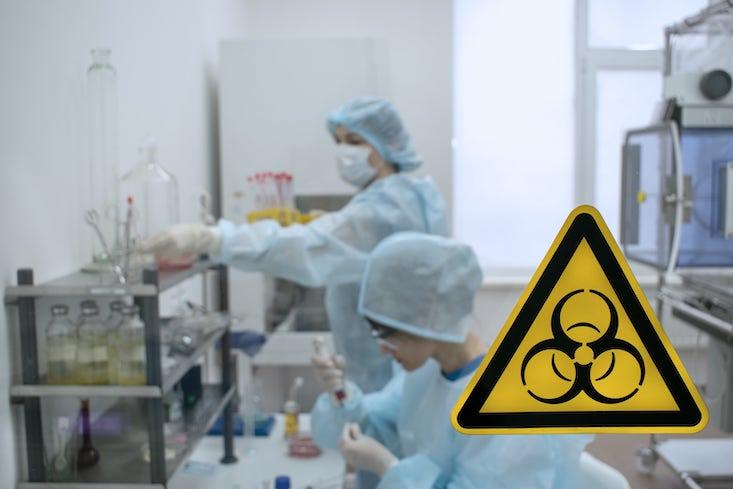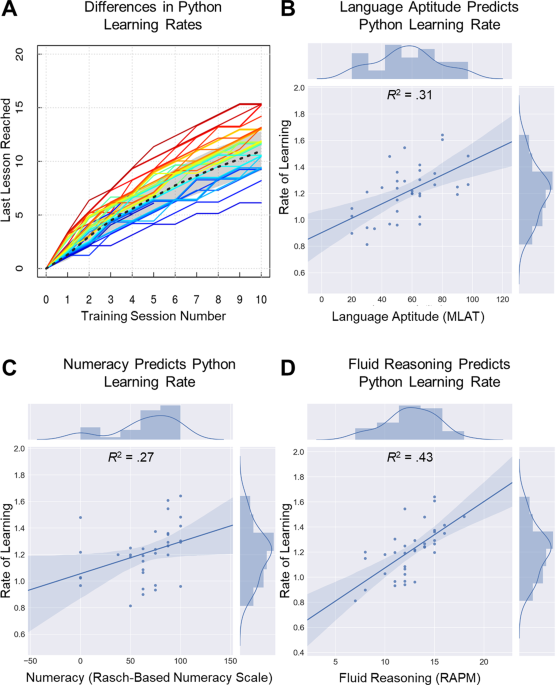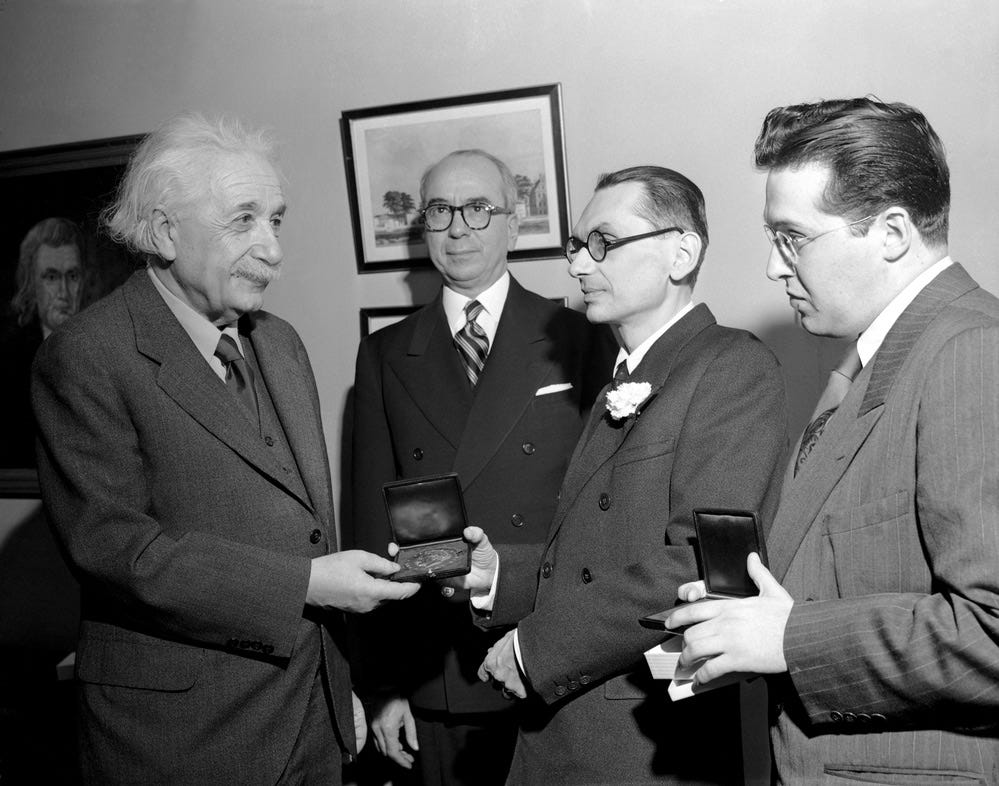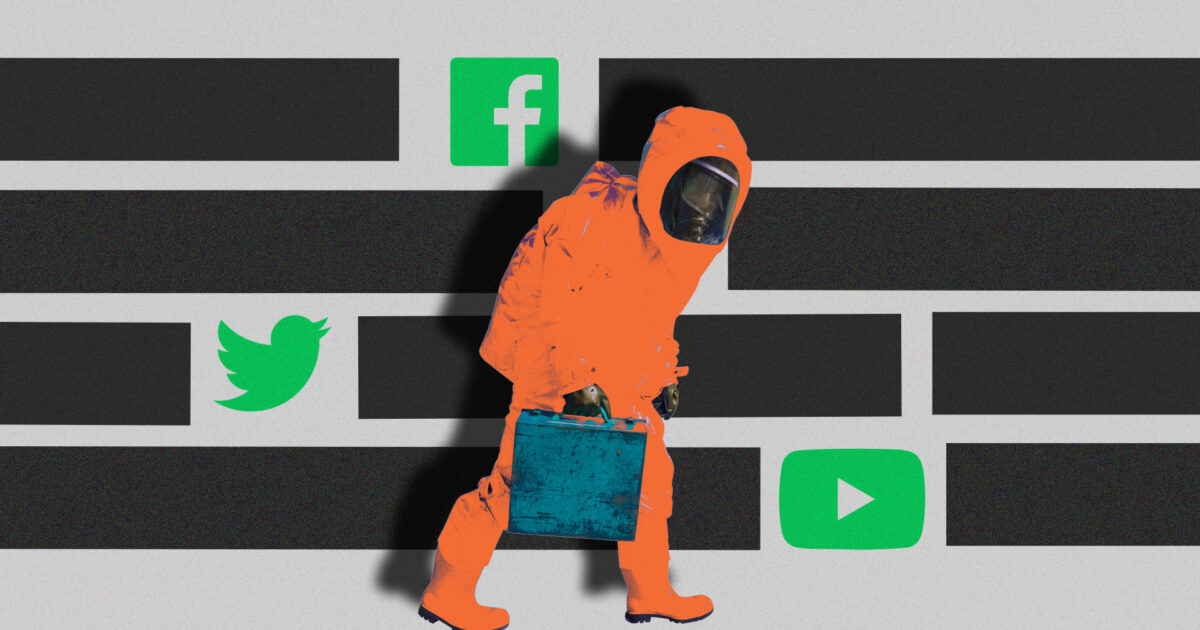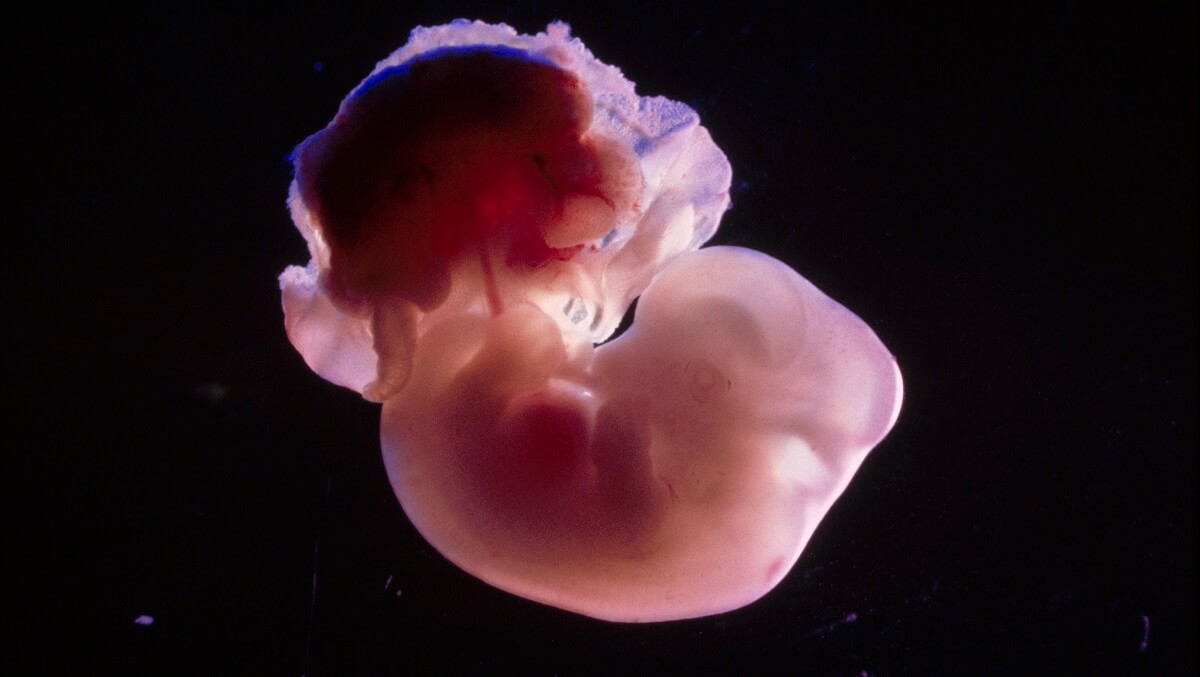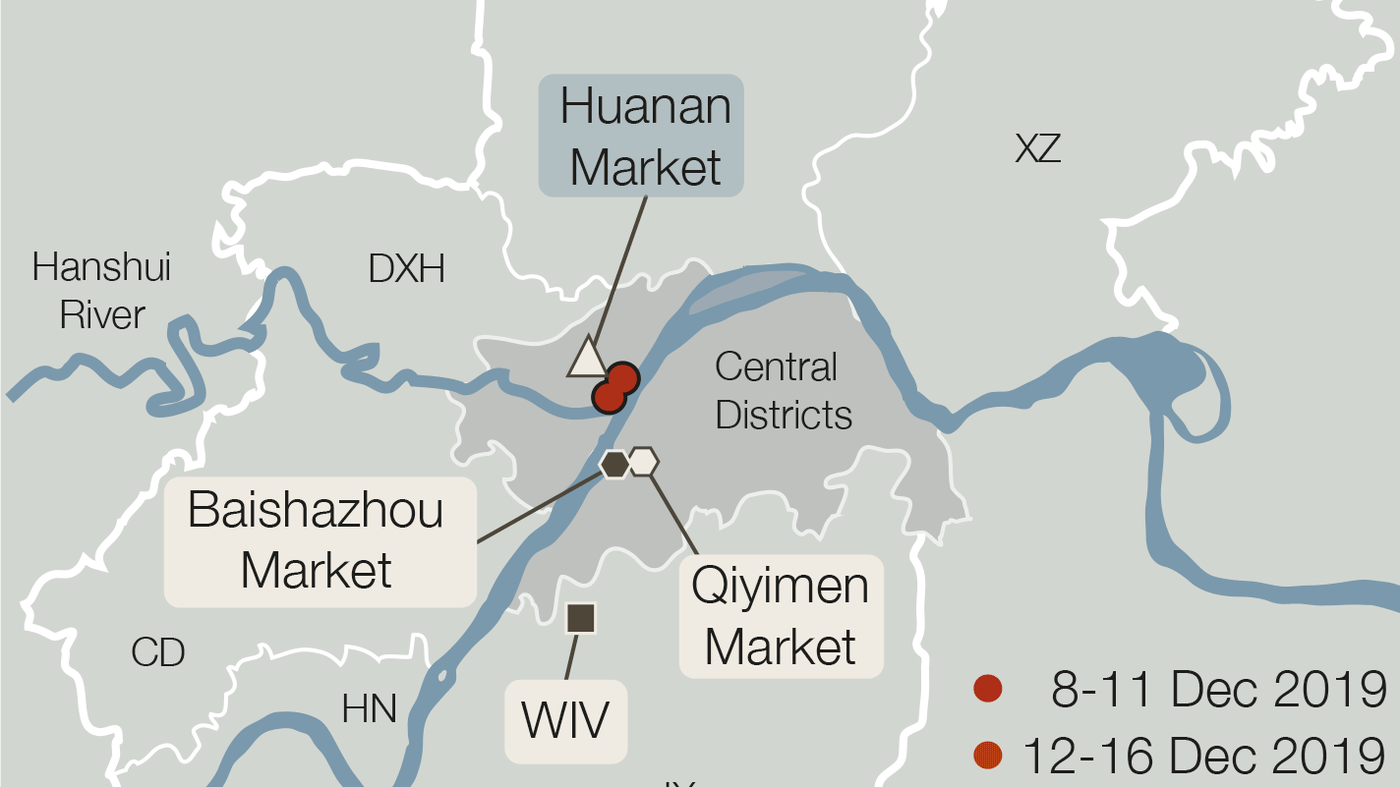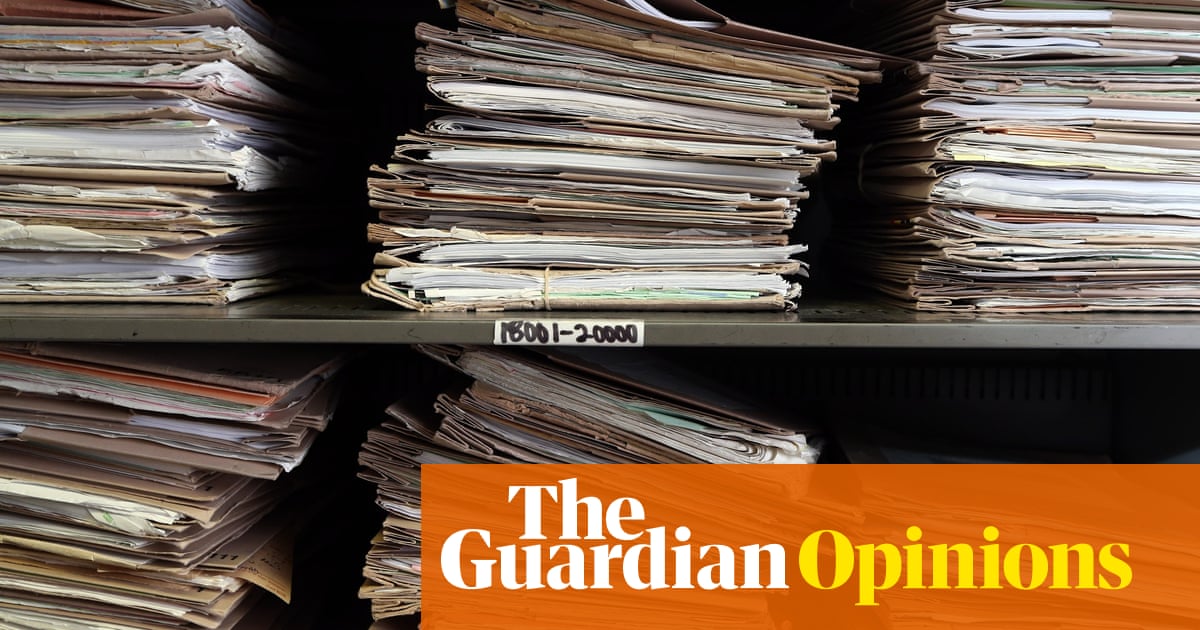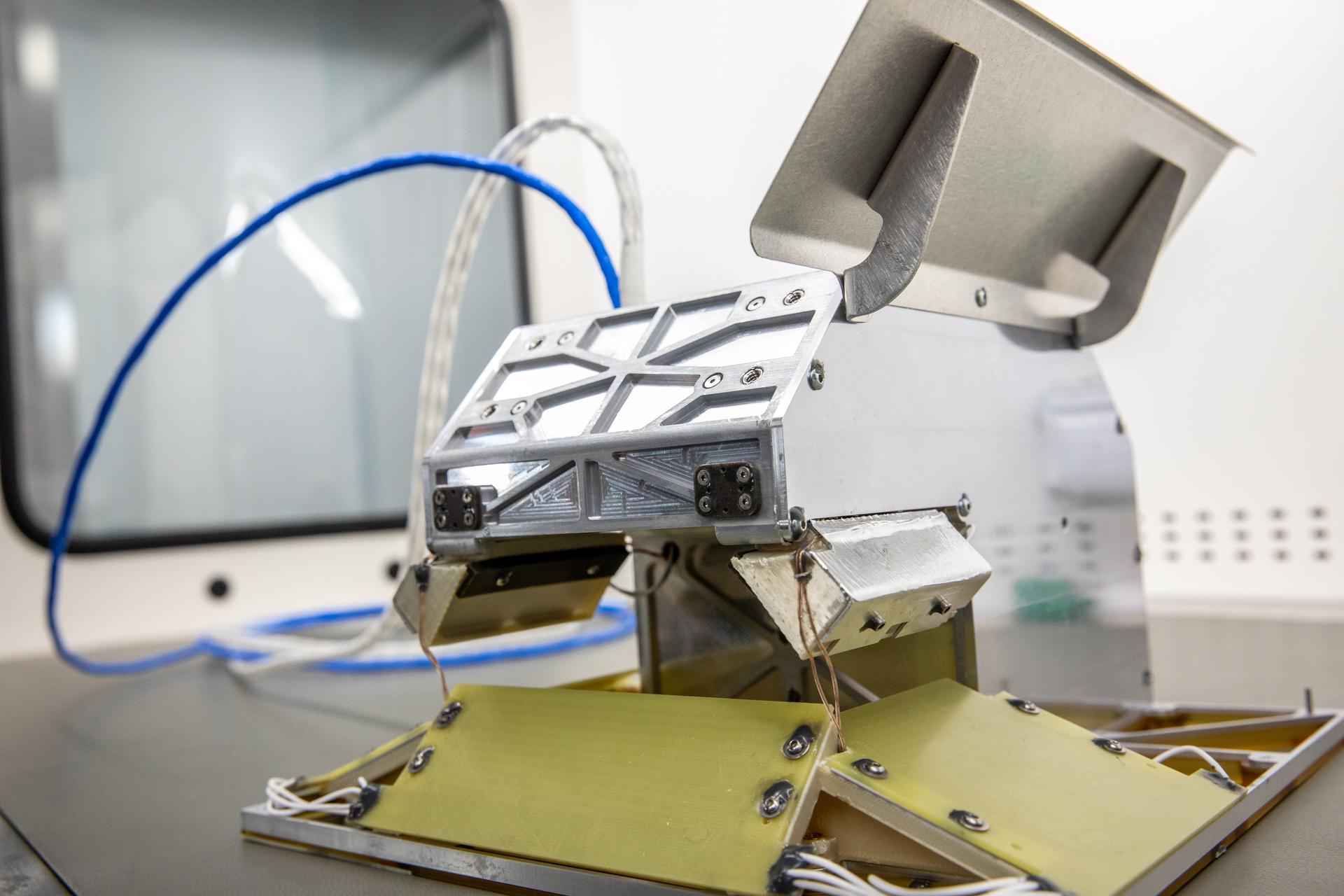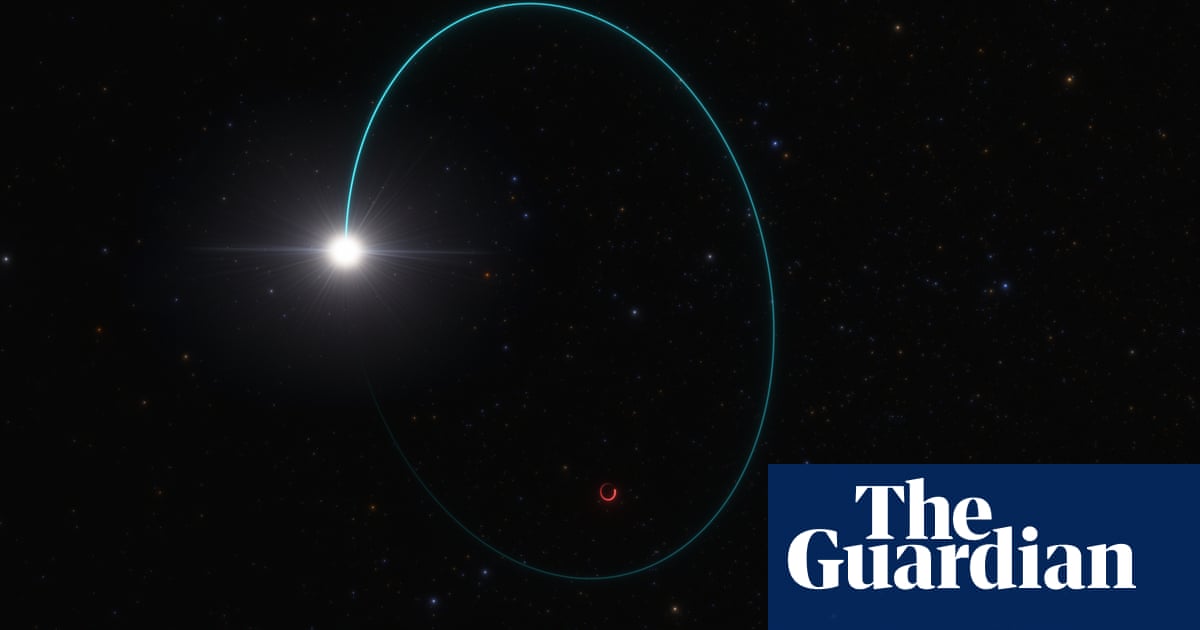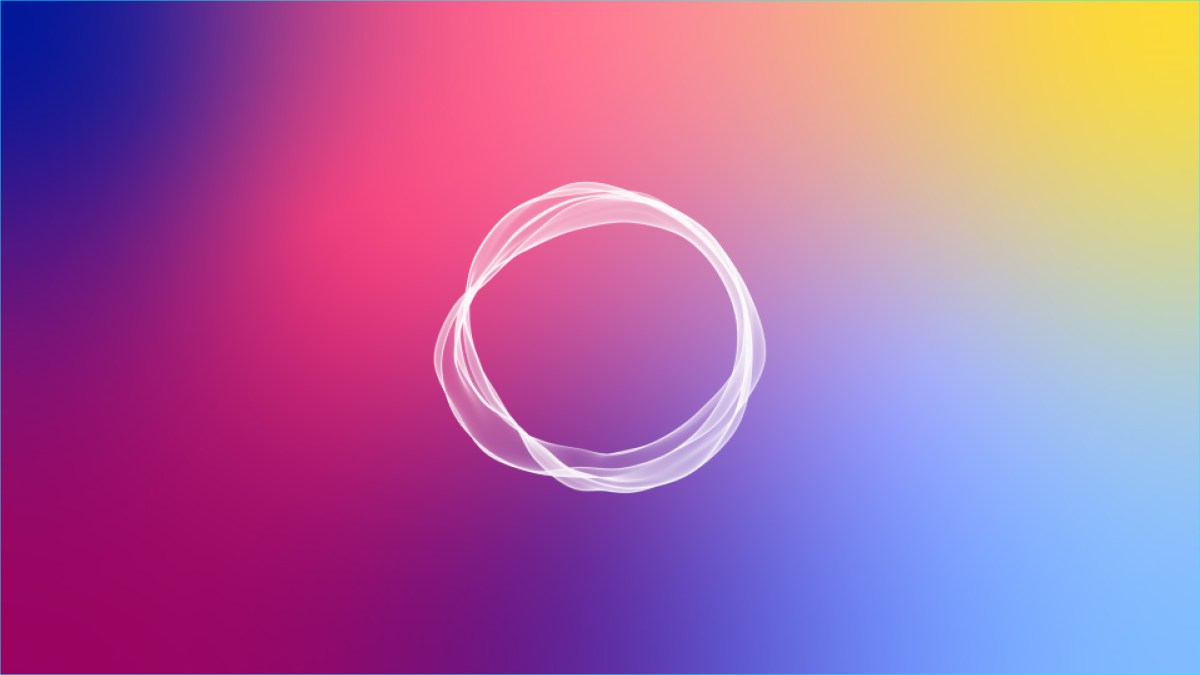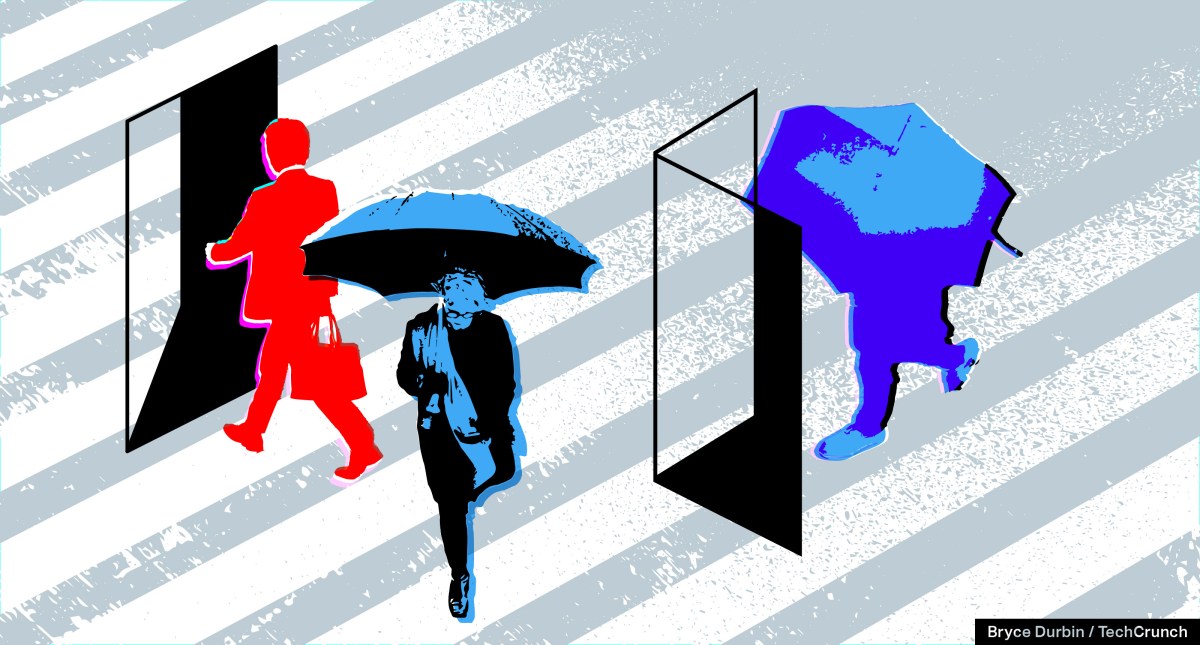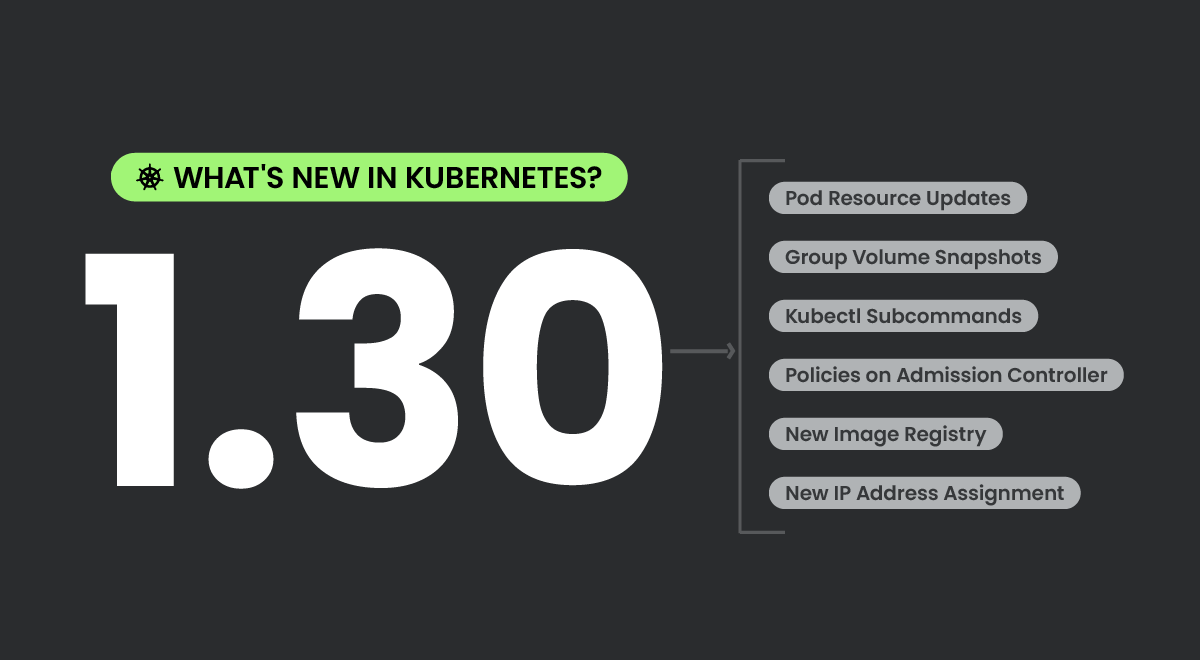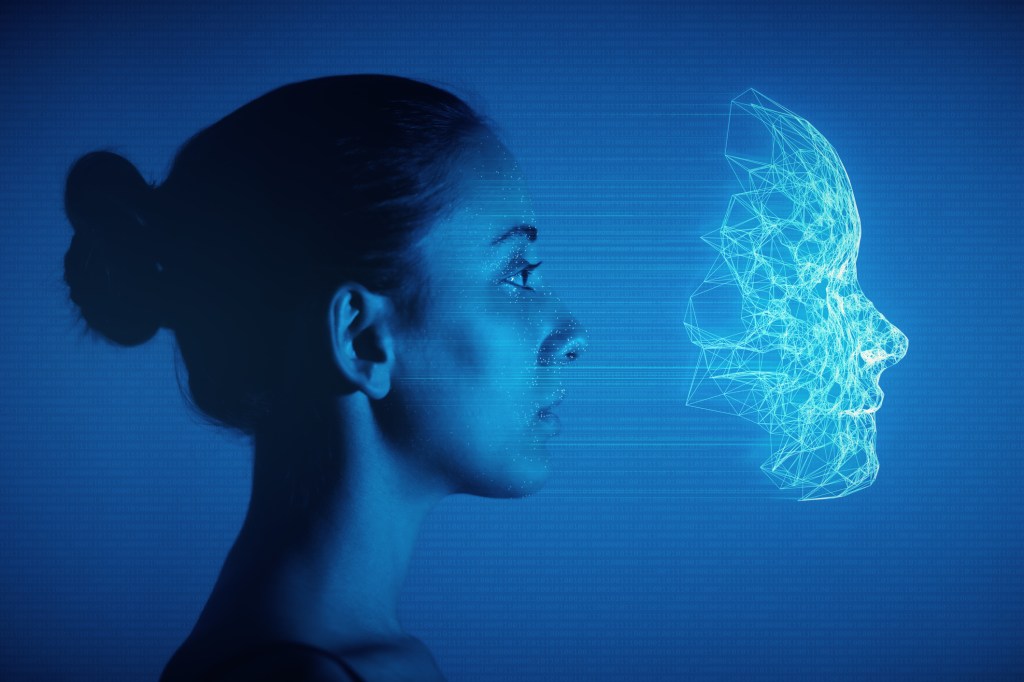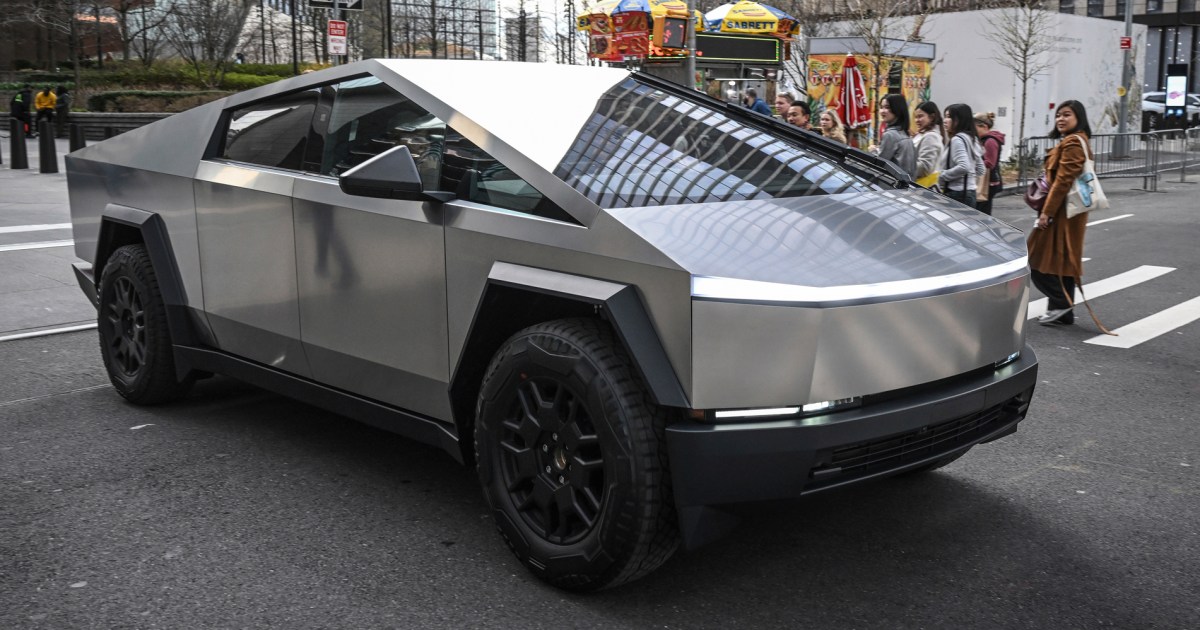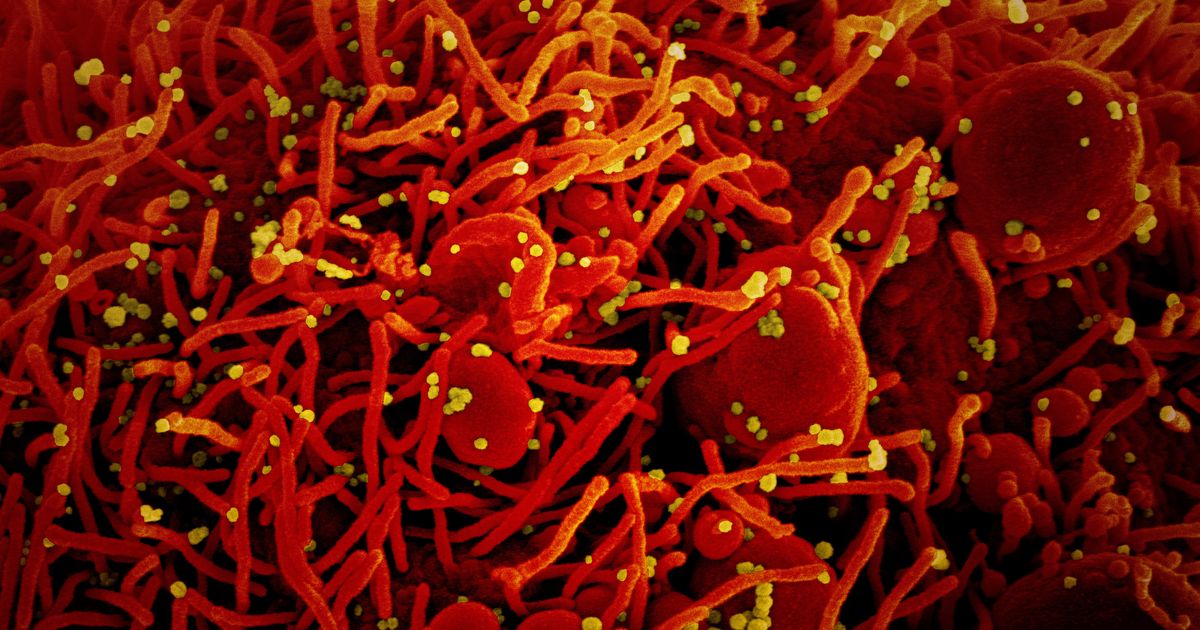
The Implications of the Lab-Leak Hypothesis
Nothing has changed but the narrative. A majority of Americans now believe that the coronavirus emerged from a lab, not nature, and in recent weeks a new openness to the lab-leak theory has taken over “nearly all mainstream media,” as my colleague Jonathan Chait put it. But the material case for the hypothesis remains essentially unchanged from the version advanced by Nicholson Baker, in this magazine, in January — indeed more or less unchanged from the version that appeared in a September profile of Alina Chan in Boston magazine, or for that matter from the version outlined on Medium by Yuri Deigin last April, just a few months into the pandemic. Now, though, Nate Silver estimates the odds of a lab leak at 60 percent. The Washington Post has published five front-page stories about it in the last few weeks. Vanity Fair’s Katherine Eban published a long account of the lab-leak saga that treated the independent researchers first calling attention to the theory as heroic detectives. The Daily Mail sent a reporter and a photographer to stake out the Rockland County home of Peter Daszak, a once-obscure zoologist now under scrutiny for his role in global “gain of function” research to make viruses more dangerous.
Prominent scientists long on the sideline, like Scott Gottlieb and Peter Hotez, have begun echoing calls for a deeper investigation. Both the National Security Council and the Director of National Intelligence have made a point of emphasizing their agreement with the previous administration that the pandemic’s origins are a very open — and very important — question. “It might have started in the wild, or it might have started in a lab,” the scrupulous science journalist Daniel Engber wrote, as the flurry of reconsiderations settled onto the front pages of the country’s newspapers late last month. “We know enough to acknowledge that the second scenario is possible, and we should therefore act as though it’s true.”
